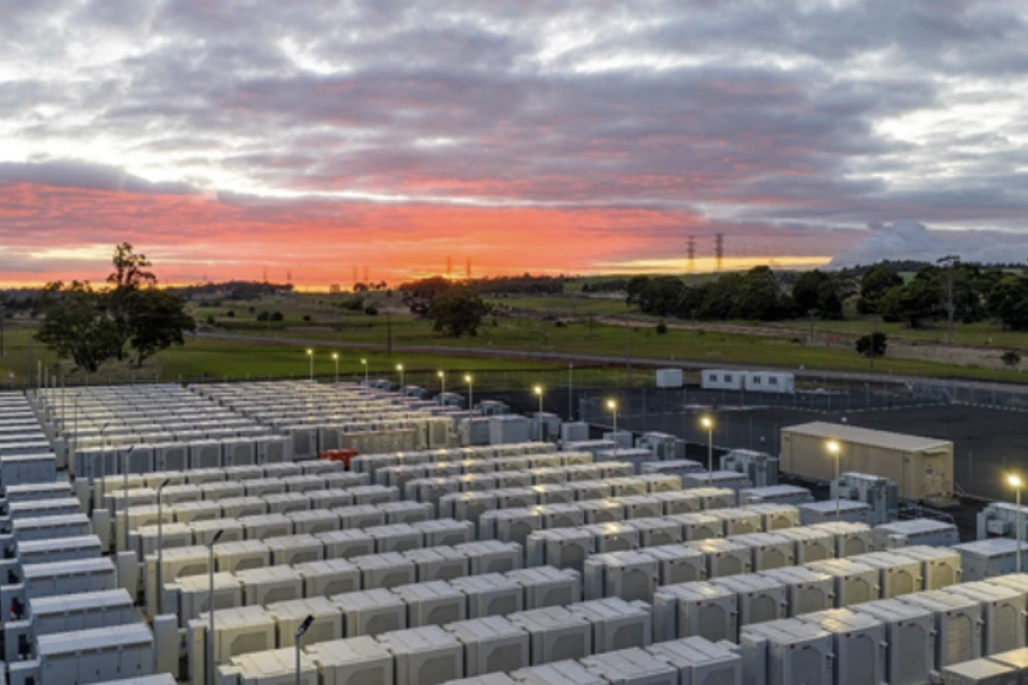News
3 June, 2025
Batteries ‘a state matter’
SOMERSET Council has written a submission to the Queensland Government, asking Battery Energy Storage Systems (BESS) to fall under the State’s new strict guidelines for renewable projects.

Somerset Mayor Jason Wendt said it was critical that stand-alone BESS facilities were included in the state’s new assessment of renewable energy facilities.
Cr Wendt said he was concerned that the current Bill did not take into account issues important to the Somerset community including drinking water safety and visual amenity.
“We do not want to halt the progress of renewable energy, but we also do not want to see our communities negatively impacted by large scale developments,” Cr Wendt said.
The State Development, Infrastructure and Works Committee sought feedback on the Planning (Social Impact and Community Benefit) and Other Legislation Amendment Bill 2025, regarding the proposed framework for the assessment of renewable energy facilities.
Under the current changes, major solar and wind farms will be impact-assessable and subject to public notification, with the same rigorous approval processes as other major developments.
Stand-alone BESS, however, have not yet fallen under this State assessment framework.
“While not generating power, large scale BESS are a key feature of renewable energy infrastructure and, like large scale solar or wind farms, they have significant social impacts on communities,” Cr Wendt said.
“Currently, stand-alone BESS facilities are not subject to the proposed assessment process.
We would like to see this amended.”
This comes as Somerset Council has been assessing a development application (DA) for a BESS in Hazeldean, near Kilcoy, for over a year.
The current development application put in by Enervest proposes to build a BESS consisting of approximately 387 battery enclosures and 155 inverters, with a storage capacity of 400MW/1,600MWh.
The DA was met with extensive community opposition, with Council receiving over 300 public submissions against the project.
Some of the main concerns include visual amenity disturbance, fire hazard, noise pollution and water contamination.
In Council’s letter to Parliament on May 20, Somerset Council CEO, Andrew Johnson, made three recommendations for the renewable framework:
Large scale BESS developments are subject to the proposed renewable energy facility assessment process, with the introduction of a fit-for-purpose and mandatory State-wide assessment benchmark.
Amending the Community Benefit Agreement (CBA) framework to enable for the CBA to occur after the planning assessment is complete.
Local planning schemes are considered as part of the assessment of renewable energy facilities, including Council acting as a referral agency.
Cr Wendt said the recommendations were made with the interest of the Somerset community front of mind, adding there had been a rise in interest for the development of such facilities.
Cr Wendt also emphasised Council supported the introduction of a CBA, but recommend the CBA framework be amended to occur after the planning assessment has been completed and project impacts have been identified and mitigated.
Mr Johnson added in his submission that a CBA prior to the completion of the assessment “appears premature and may suggest a conflict of interest”, as it could appear Council to have given its support for a project that, upon the detailed planning assessment, may have matters of noncompliance or require changes to achieve compliance.
Enervest conducted a CBA earlier this year, having held community surveys to identify some of the key concerns of Kilcoy and Hazeldean residents.
The findings were submitted as part of their application to Council.
Mr Johnson also emphasised in the submission the need for the Bill to strengthen its impact assessment, taking into consideration the potential risks on water quality within drinking water supply catchments.
“The Somerset region, home to Lake Somerset and Lake Wivenhoe, is predominantly a drinking water catchment and a main supply of water for greater Southeast Queensland,” he wrote.
“Under Council’s planning scheme, development of this nature requires compliance with the requirements contained within the Seqwater Development Guidelines to ensure that stormwater quality is maintained to the highest standard.”
Regarding the seriousness of BESS’, Mr Johnson noted “significant inefficiencies (and potential inconsistencies)”, as with integrated BESS facilities are being assessed by SARA, whilst stand-alone BESS facilities continue to be assessed by local government.
Mr Johnson also expressed Council’s concern regarding scenic amenity and landscape values.
“With respect of Somerset, a landscape values assessment should include an assessment of land suitable for pastoral and agricultural uses, which are more often the site of these developments within the Somerset region,” he wrote.

